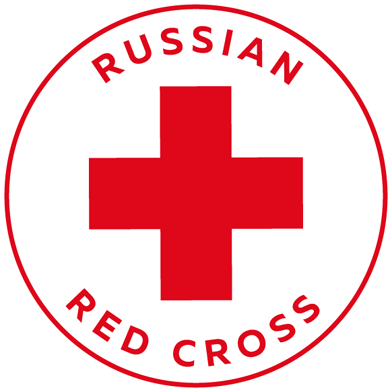Public monitoring of human rights in places of detention
PMCs are Public Supervisory Commissions for Monitoring Human Rights in Places of Compulsory Detention, acting on the basis of the Federal Law of 10.06.2008 N 76-FZ "On Public Monitoring of Human Rights in Places of Compulsory Detention and on Assistance to Persons in Places of Compulsory Detention".
According to the Public Chamber of the Russian Federation, there are more than 1,500 PMC members in 85 regions. There are between 5 and 40 members of PMCs in different regions. This is a public, human rights work and therefore unpaid. Any public association (registered and active for at least five years) can nominate a candidate, except political parties, religious denominations and non-profit organisations from the registers of foreign agents.
What the PMCs do
Members of PMCs are involved in public monitoring of human rights in places of detention: temporary holding facilities, special reception centers, police stations on duty, remand centers and correctional colonies, guardrooms and special medical institutions providing in-patient psychiatric care. Members of PMCs monitor compliance with human rights in places of detention and provide society and the State authorities with reliable information for the subsequent elimination of the root cause of human rights violations.
What are the powers of the PMCs?
PMC members have a unique opportunity for Russian human rights defenders to freely visit any institution with places of detention of the Ministry of Internal Affairs, Federal Penitentiary Service, Federal Security Service, Ministry of Defense, Ministry of Education and Ministry of Health. Visits are agreed upon on a notification basis, where PMC members notify the head of the territorial body a day in advance (and five minutes in advance if necessary). Moreover, PMC members have the right to use the legally prescribed means of video recording - cameras and video cameras.
The Russian Red Cross is one of the largest all-Russian organizations with regional membership of PMCs.
The Russian Red Cross in all its activities follows humanitarian traditions and seven principles: humanity, impartiality, neutrality, independence, voluntariness, unity and universality. Over the 14 years of its membership in the PMCs, it has earned the trust of citizens in places of detention. The main objects of attention of the Russian Red Cross are access to medical care, timely examination and early diagnosis of socially significant diseases, availability of vital medicines, living conditions: hygiene and food, the right to correspond and to meet with relatives.
In addition to public monitoring, PMC members from regional branches of the Russian Red Cross conduct awareness-raising activities in penal colonies aimed at preventing socially significant diseases, organize self-help and support groups for HIV-positive inmates, implement pre-release preparation projects, provide humanitarian assistance, and support children's homes in women's colonies.
Information and recommendations on nomination to the PMC can be found on the website of the Public Chamber of the Russian Federation in the PMC section
.png)


